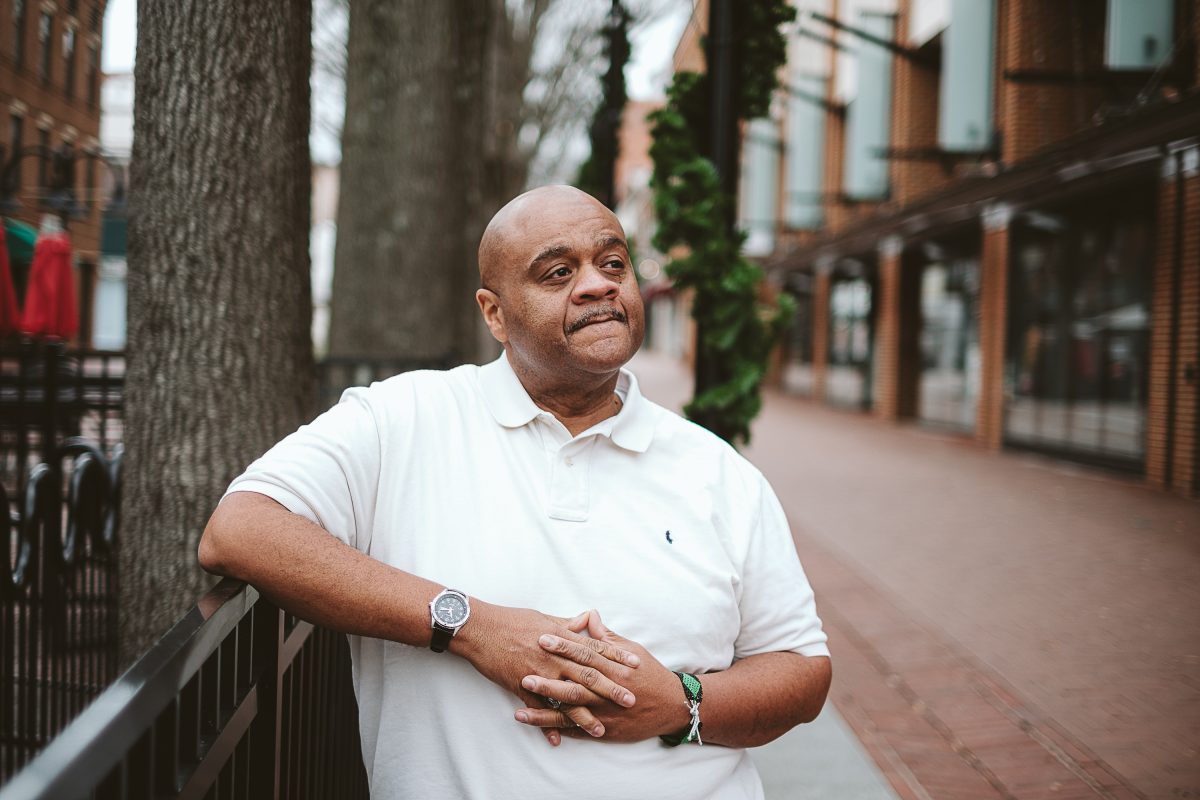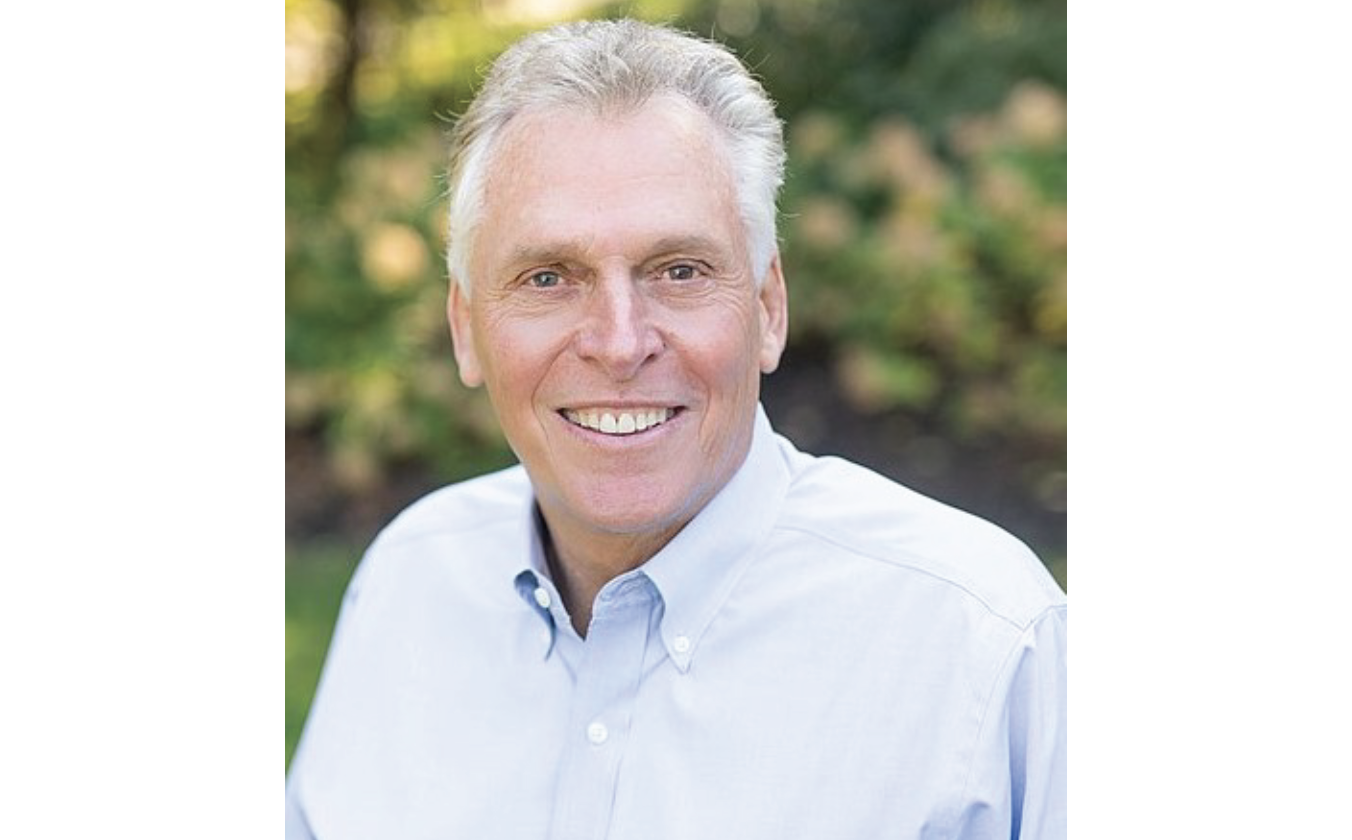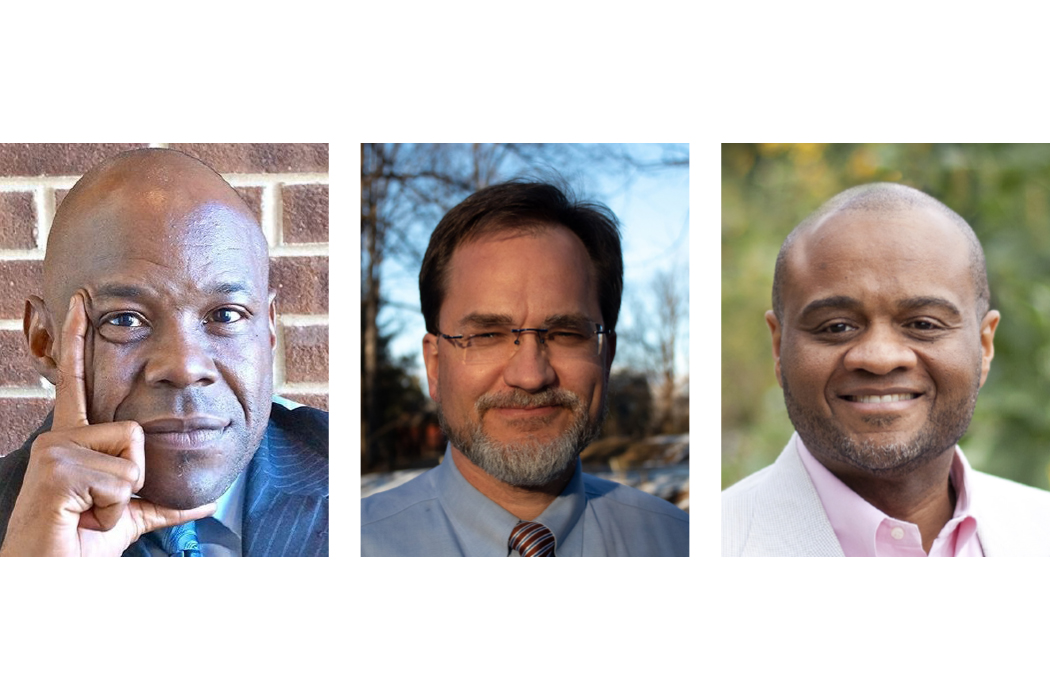Juandiego Wade never expected to settle down in Charlottesville, let alone be elected mayor.
When Wade met with C-VILLE—in a tiny meeting room in an under-construction City Hall building—on a snowy late January morning, the mayor arrived in a heavy winter coat and hat. He had just finished shoveling snow with a neighbor.
Despite the chilly weather and early hour, the recently elected mayor spoke warmly about his new role. In Charlottesville, the mayor is a member of City Council, and is chosen via a vote by the other councilors. When the votes rolled in on January 2, Wade was unanimously elected.
But the mayor’s job isn’t Wade’s full-time gig—he juggles work as an Albemarle County Social Services Career Center coordinator with being a member of City Council.
Originally from Richmond, Wade grew up in a large household with three sisters, two brothers, a stay-at-home mother, and a father who worked as a public school teacher and minister. All of Wade’s siblings still live in the city.
Growing up in the capital of the commonwealth inspired Wade to pursue a career in urban planning. The construction of Interstate 95 heavily affected his neighborhood when it came through downtown Richmond.
“It’s an expressway right in front of my church,” he says. “It seems like [it] was always impacting communities of color.”
That interest in urban planning is what prompted Wade to move to Norfolk, and later Charlottesville, for school.
“I never had any aspirations of going to UVA, I just didn’t think that it was something that I could do,” says Wade. Despite his hesitation, Wade applied and was accepted to the University of Virginia’s urban and environmental master’s program. It was through this program that Wade met his wife of over 30 years, Claudette Grant, and got involved in the broader Charlottesville community.
“My senior thesis was working with a program through the NAACP. … During that time I was able to meet many of the strong community leaders,” he says. “I learned a lot and did some studies as part of different classes about the community, different neighborhoods, Fifeville and 10th and Page.”
It was these communities and the city’s people that led Wade and Grant to settle down in Charlottesville post-graduation. After commuting into town from Goochland, the couple moved back to the city, and raised their daughter Gabby here.
“We started getting involved in the community and nonprofits and it just grew on us,” he says. “Next thing you know, it’s like, no, we can’t leave this place. We love it. And we were president of this, secretary of that, you know, we just had connected. And we had just made dear friends. … We just couldn’t fathom raising our daughter or being connected anywhere else.”
Wade’s deep involvement with the community through volunteer work and relationships is also what led him to run for public office. Mentoring young Black men who attended Charlottesville City Schools allowed Wade to gain insight into the district’s challenges, and prompted his decision to run in the city’s first school board election in 2006 (prior to that, members were appointed by City Council).
“I had been asked to be on because of my involvement in the community … but I just had no desire to get involved with politics and things like that,” says Wade. But after seven or eight years of mentorship, he changed his mind. “I saw so many things that the city school board should be doing … that is one of the reasons that I decided to run.”
“[Wade] came over and he said, ‘I’m thinking about running for school board and I’d like to know if you’d run with me.’ … I was shocked from a standpoint of being honored that he would think enough of me to ask me,” says Leah Puryear, another longtime public servant. “I said, ‘Well, you know what, there’s some people in the community that may not like me,’ and he said, ‘Well, yeah, there may be some people in the community that may not like me, too. And we’ll just hope that it’s not enough of them to keep us from getting elected.’”
While they didn’t know each other well before campaigning together, their conversation kicked off a decades-long public service career for both Wade and Puryear. Long hours canvassing neighborhoods and knocking on doors quickly turned their work relationship into a friendship.
“When Juan and I were on school board, we decided that we would meet and greet the school buses at different schools, and I went to Burnley Moran not thinking that that’s where Gabby goes to school,” says Puryear. “So I’m standing there to greet the bus. And lo and behold, she gets off the bus, ‘Hi Ms. Leah!’ I’m like, ‘Hi, Gabby!’ And she was starting school. I’m like, ‘Ah, school board’s gonna be great.’”
After almost two decades on the school board with Puryear, Wade was ready for a change. “I knew that after the fourth term in 2020 … it was time for new energy, new ideas, and I was really looking forward to retiring from that aspect of public service.”
Wade says he originally had no interest in running for City Council, but he was once again encouraged by community members.
“People really had been asking me to run. I was like, ‘No … because, like, have you seen those meetings?’ I was ready to kind of step away from that,” says Wade. “But people [were] like, ‘Juan, they need your kind of calm, steady leadership.’”
“That’s when I decided to run for council, because at that point council was just—I’m gonna get technical here—it was a hot mess,” he says. “It’s understandable because … it was the pandemic, it was just a really difficult time.”
Wade was elected to Charlottesville City Council alongside Brian Pinkston in 2021, garnering the highest percentage of the vote.
Though the two men lived in the same neighborhood, they didn’t really get to know each other until they started working together. Now, Wade says Pinkston is one of his most trusted allies, who helped bring a sense of routine back to council meetings. Both councilors hold full-time jobs, and knew it would be difficult to have extended, late-night meetings like the previous council.
“We have to go to work, we can’t go to 2 or 3 o’clock in the morning, and then get up at 6 or 7,” says Wade. “And it’s not fair to ask the public staff to be there that long.”
Sometimes late-night meetings still happen, but Wade says he is proud of the stability and consistency they have found over the last few years.
“When I got on council … there was a lot of work to be done,” he says.
Beyond citywide issues, the then-new councilor was concerned about moving to a place of civil rather than personal disagreements between councilors. When the council was able to work together after the 3-2 split election of former Mayor Lloyd Snook, Wade felt they were on the right track.
“I think I had an opportunity when I first got on council to [be mayor], but I knew that I wasn’t ready. I mean, I probably could have done it, but I just wouldn’t have been as effective as I believe Lloyd was,” says Wade. “He was able to transition us through kind of a difficult time, I was able to kind of sit back and learn and see the process. … [When] I was asked to be vice mayor, I said, ‘Yes, I’ll take that on.’”
During this time, Wade also got the opportunity to work with Puryear again, following the resignation of former councilor Sena Magill.
“Every step of the way Juan was there. If you ever are on a committee with him, if you are ever on a nonprofit board with him, there is not one question that you cannot ask him that he will not try to help you with,” says Puryear. “He loves mentoring, particularly students, but I think he likes mentoring adults too, because he’s always willing to help.”
Wade learned the ropes during his time as vice mayor, and he says the biggest changes since being elected mayor are largely ceremonial.
“I understand that I’m the only Black elected official on City Council. … The big change is that I am getting asked to speak a lot at different events,” he says. “I think the biggest transition will be those types of obligations to speak, and to present the city. But I understand that that’s what I’ve signed up for.”
As he settles into his role, Wade is keeping the ball rolling on several key issues impacting Charlottesville. From transportation to the housing crisis, the mayor says he wants to continue engaging with community leaders and promoting public dialogue.
“I’m really excited … to be in this space right now as mayor, as the city is turning the corner, dealing with some really difficult issues,” says Wade. “We’re doing it together now in a very open, respectful dialogue with the public and with one another that, you know, I feel like [City Council] can address any obstacle because we respect and trust one another.”
In his experience working with the mayor, Pinkston says Wade is a community-focused leader.
“He keeps track of so many people and he just serves everywhere he goes. It’s nothing for him to just send me a text on the weekend or just check in on me to see how I’m doing. I know he does that for countless other people as well,” says Pinkston. “He has a huge heart [and] maybe knows the community better than any of us on council, frankly, just in terms of his years of … volunteer work and all the walks that he takes in the city. … Which is absolutely remarkable and essential for the work that we do.”
Though Wade acknowledges the profound impact of the city’s history—particularly August 11 and 12, 2017—on its residents, he is optimistic about Charlottesville’s future.
“People really want to come here and live and raise a family, and I understand why. But I think part of the thing that makes it so special is the diversity of its people,” says Wade. “If we don’t do something, i.e. affordable housing, then it will change in a very short time, and I want to prevent that. … I want Charlottesville to continue to be this wonderful, vibrant place that drew my wife and I here. … As two government workers, we were able to find a house in the city of Charlottesville and pay for it. And I want other families to be able to do that as well.”








